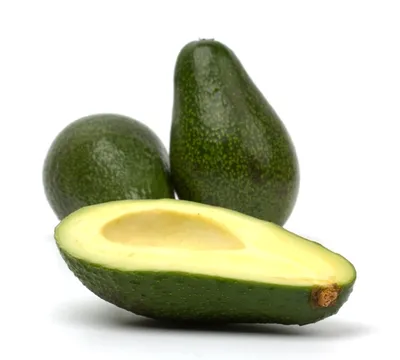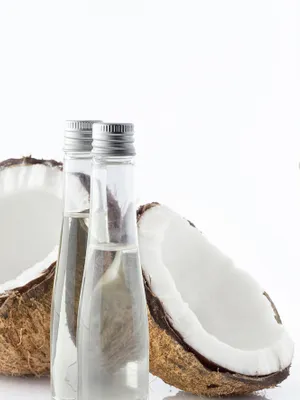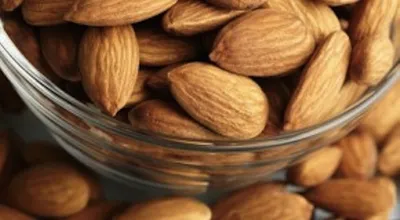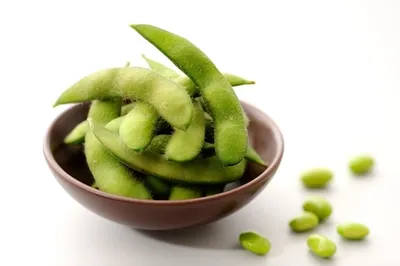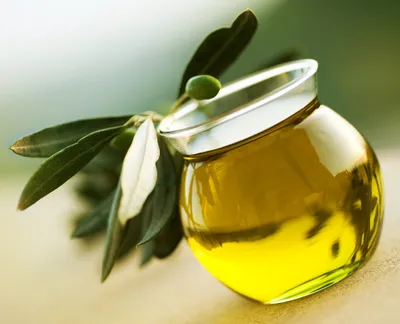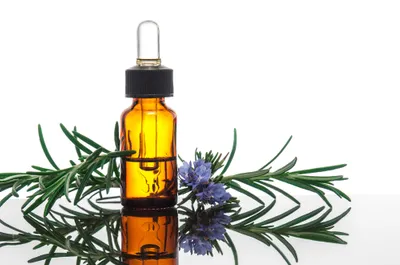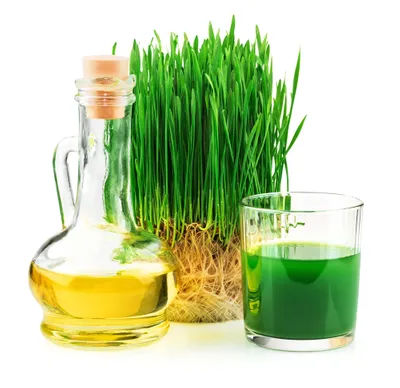Many of us shun store-bought sunscreens due to harmful ingredients, like PABA, within that can harm our health. However, the good news is that there are natural and safe alternatives to protect you from the sun—without the toxic ingredients.
The following ten natural oils offer effective sun protection with natural occurring SPF (which indicates the sun protection factor) to protect the skin from harmful UV rays. Many of these natural sunscreens also tout additional benefits, including moisturizing and the ability to healing scarred skin.
Here are 10 natural oils that can protect the skin from sun damage—and more…
1. Avocado Oil
With an SPF of 15, avocado oil offers mild sun protection thanks to its bounty of mono-saturated fats, which, when applied topically, actually form a protective layer over the skin to reduce UV ray absorption.
2. Coconut Oil
Coconut oil is a multi-purpose oil that’s just great to have around the house when you need it for anything—be it cooking, bathing, washing your hair, or protecting your skin from the sun. With an SPF 8, you can apply coconut oil topically after your morning shower, and before you go out in the sun. You can also apply it to your hair to protect your locks from sun damage.
3. Carrot Seed Oil
The strongest natural sun protection comes from carrot seed oil. This vegetable oil offers the top amount of SPF (40 in fact). Plus, it’s also boasts antiseptic properties to protect skin abrasions from infection.
4. Almond Oil
While almond oil only packs an SPF of 5, it is a rich source of vitamin E, which means if you want softer, younger looking skin, almond oil may just be the secret to your soft and supple glow.
5. Soya Bean Oil
While it’s most often used as a cooking oil, soybean oil does offer sun protection as well. With a meager it will also make your skin as tender as Sweet and Sour Pork.
6. Olive Oil
Olive oil has unlimited uses—heart healthy cooking, salad dressing, skin softener, and hair nourisher. However, it can also protect your skin from harmful UV damage and provide a boost of antioxidants to repair previous sun damage.
7. Jojoba Oil
Jojoba oil is often used in natural body washes and bath oils to treat dry, flaky skin. It’s these medicinal benefits that make it safe and useful as a skin moisturizer. When it comes to sun protection, however, jojoba oil contains myristic acid, a type of tetradecanoic acid or saturated fatty acid that offers mild sun protection.
8. Raspberry Seed Oil
A close second to carrot seed oil, raspberry seed oil boasts an SPF of 30, which means it’s not only high in omega-3 and omega-6 fatty acids, it will offer sun protection while banishing the traces of stretch marks.
9. Macadamia Nut Oil
Used widely among Australians, macadamia nut oil is rather rich in a few natural SPF ingredients—namely phosphorus, potassium, Vitamin E, and a UV-protecting compound called cinnamic acid.
10. Wheatgerm Oil
Lesser known than the other oils listed in this article, wheatgerm oil delivers a whopping 20 when it comes to SPF. It’s also rich in Vitamin E, producing adequate antioxidants to repair previous sun and skin damage.

